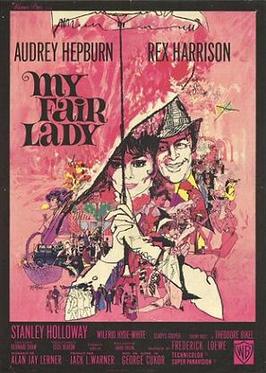| Judge Mark McGarry |
One of Pinellas County's best judges recently died. Judge Mark McGarry served as a judge from 1968 until his retirement decades later. With him goes a charming era when good judges mentored, trained and helped the lawyers who practiced before them. He often bettered lawyers with wit, charm, care and compassion, always a sly jesting glimmer in his eyes.
After thirty years of practicing law I've found that putting on that black robe often changes folks for the worse. I wonder why. Is the power? No, if anything most of a judge's time is spent in boring ways. Pushing shopping carts full of court documents and files thru the criminal justice system with endless status checks, pretrials, hearings, trials and appeals.
The only way a person of genuine intelligence like Judge McGarry was able to sit still on that bench for hours at a time that became years and then decades was because he spent much of that time dissecting those before him, often drawing New Yorker styled cartoons lampooning the judicial system, witnesses, bailiffs, and hapless lawyers who somehow bungled their way into his courtroom. He was deliciously pleased by the casual inadvertant catastrophy that make trials interesting for spectators and nightmarish for lawyers. The police officer who submitted that wrong evidence, say mislabeled cocaine in the marijuana trial, could happily lay claim to immortality, at least for us - laughing -who later saw the cartoon.
And yes, he could be cruel now and then, especially as retirement drew closer. He didn't like the way one somewhat pretentious, politically well-connected prosecutor treated a witness during a jury trial. The prosecutor's last name was Todd. Judge McGarry waited for the prosecutor to finish questioning the witness by simply saying, "Mr. Toad, do you have any other witnesses?" I don't recall hearing the judge ever use the correct name again.
Of course, it was a different world then. During most of his time while serving as a Circuit Court Judge in Pinellas County only white men could wear those black robes. Bringing more women and minorities onto the bench should also have brought fresh awareness of how the criminal law should be applied.
Yet Judge McGarry was ahead of his time in understanding the dynamics of fair sentencing. He understood that harsh minimum mandatory drug sentencing merely takes away the judge's discretion to sentence fairly. He knew sentencing guidelines and sentencing scoresheets were simply wrong and he did everything he could to ensure fairness in the sentencing process.
No wonder Judge McGarry left the bench when he did, head held high, an courageous, honest judge. Not long after he left the bench judges, prosecutors and defense lawyers became little more than calculators - adding machines to compute the scoresheets for Florida sentencing guidelines - as nothing but numbers now mattered. There would be no time for laughter nor for cartoons, it was to be all about punishment.
